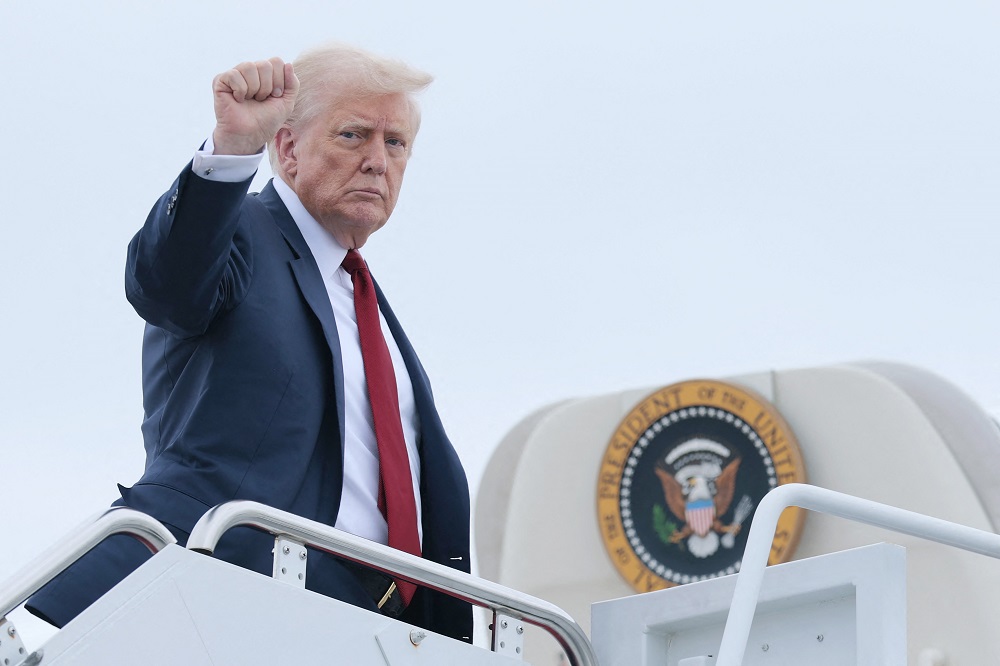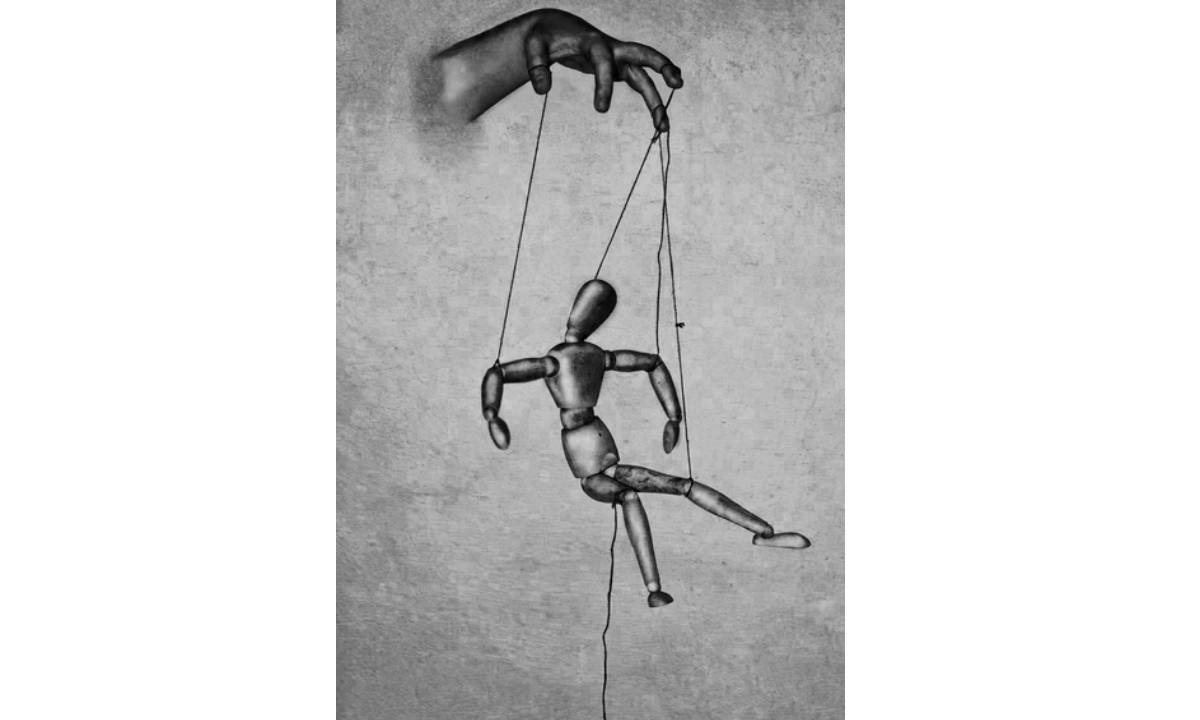A great gentleman, at least by societal standards, walks into my office. He carries himself with an air of solemn purpose. His request seems simple on the surface, but it is deeply unsettling. He wants a favor. Not just any favor, but an unfair one, resting not on merit but influence. And thus begins his theatrical monologue—not a plea for help but a performance, carefully scripted to showcase the weight of his persona.
The first act of this oratory ordeal is an exhaustive recital of his biodata. Not a résumé filled with qualifications or contributions to society, but rather a loud enumeration of his power and the influential people with whom he is allied. Each name he drops is a stone laid into the pedestal upon which he wishes to be seen. I listen quietly, thinking this must surely be the climax. But no—this is just the beginning.
The second act follows swiftly. He shifts the narrative to show how useful he can be to me and my profession. With the charm of a seasoned manipulator, he paints himself as an indispensable ally, a man whose favor could grease the wheels of my journey, should I choose to comply. It’s a veiled transaction, dressed as generosity.
Then comes the third act, the most disturbing of all. Now he recounts, almost with pride, how he has wielded his influence like a weapon against those who opposed him. He speaks of their downfall not regretfully, but with a certain satisfaction, as though this cruelty cements his reputation. Like he wants me to know: cross me, and this could happen to you too. As he speaks of his “achievements,” he becomes less a man and more an embodiment of unchecked ego and veiled threats.
Peace offering? Donald Trump's Nobel obsession

By the end of his litany of power, I, the listener, feel cornered. I feel like a country dog being chased by a towering German Shepherd, my instincts telling me to lower myself, tuck my tail, and stay out of harm’s way. And as I continue to listen, it becomes increasingly clear: the man before me is not just making a request. He is attempting to implant fear, cloaked in formality and respectability. His weapon is not anger or force, but narrative—the narrative of a man too inflated by his reflection.
But the parade does not end there. As soon as he leaves, another well-dressed figure walks in. Yet another reputed personality, this time packed with different credentials. He begins, not with his ideas or concerns, but with a lengthy list of “ex-” titles he once held—former chairman of this, ex-director of that. The trophies of his past are lined up like medals on a uniform, not to inform but to impress. Again, I attempt to interrupt gently, to steer the conversation toward the matter at hand. But he, too, is swept away by his narrative. It felt as though the sound of his voice was both the purpose and the reward of the meeting.
As an amateur researcher, I find myself retreating into analytical mode. I couldn’t help but peel the layers of their stories with the lens of narrative identity theory. It becomes clear that both men are not simply speaking; they are performing the identity they believe they hold. Their tales are less about substance and more about self-preservation—affirmations of power in a world where image often outweighs integrity.
And as I listen, I ask myself: Do they hear themselves? Do they believe what they’re saying, or have they just repeated it so often they think it’s true? Do they recognize the absurdity of the fear they try to inspire, or the fragility that hides beneath their bravado? Do they speak for influence, or simply for the pleasure of hearing their ego echoed back?
Forty-five minutes pass. On the surface, it may seem like a waste of time—two meetings with men locked in their own myths. But in reality, it was a lesson. I saw how power, when internalized without reflection, morphs into obsession. I saw how status can become a mask, and how that mask, worn too long, begins to replace the person underneath.
Lord Acton’s famous adage rings truer than ever: “Power tends to corrupt, and absolute powercorrupts absolutely.” But what is often missed is the inner tragedy of this corruption. When someone gets obsessed with power, it slowly erodes their clarity. They stop seeing the world as it is and start chasing applause, validation, and fear-based respect. They become addicted to recognition and use it as a shield and a sword. It’s like drinking salt water to quench your thirst. The more you consume, the more desperate you become.
If we’re not careful, this “power poisoning” spreads. It permeates our families, our workplaces, and our communities—not always through words, but through attitudes such as bitterness, fear, and arrogance. It becomes part of the culture, passed on quietly, like a virus, to the next generation.
These aren’t isolated incidents. They are everyday rehearsals of power. Cultural patterns that teach us who is allowed to speak, who gets to be heard, and who must wait silently on the sidelines. It’s not always loud. Sometimes, it’s quiet. A cold stare. A dismissive nod. A refusal to let go of the mic.
This mindset doesn’t just harm the people involved. It poisons the soil around them. It stifles creativity, undermines honesty, and perpetuates a legacy of control to the next generation. Children grow up watching this. Employees learn to mimic it. Society starts calling it “normal.” It is scary to see how easily we accept power poison when it looks familiar and wears tradition as a disguise.
This is not just a tale of manipulation. It is an allegory of what happens when identity is built not on purpose, but on power; not on service, but status. And in that lies both a warning and a reflection—for all of us.




































